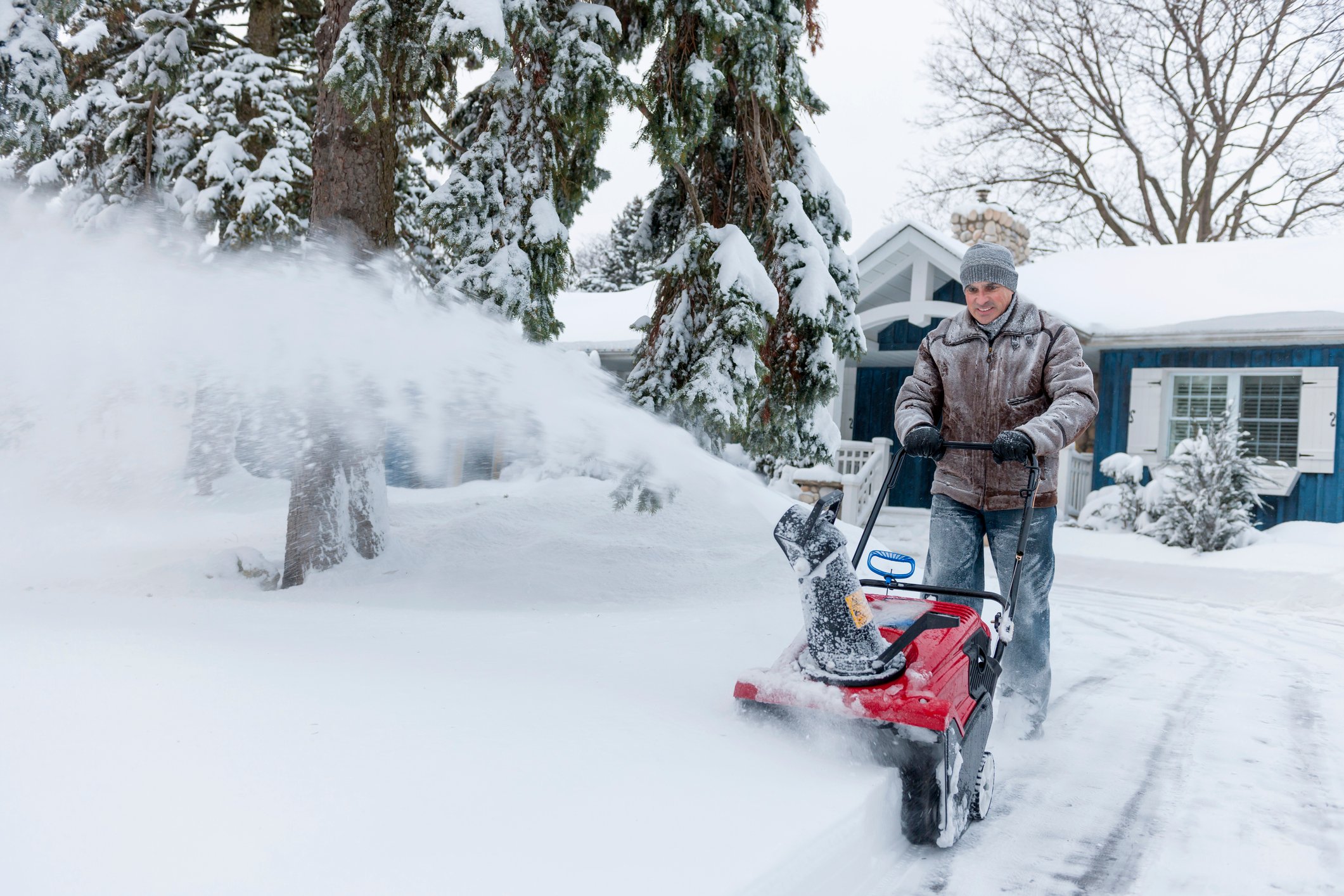Bad weather can disrupt business operations and lead to questions about whether employers need to pay employees when the worksite closes or employees otherwise don't report to work. The fact that more employees are working remotely as a result of the pandemic could also introduce additional questions for employers. To help, here's an overview of the federal rules on paying employees during inclement weather:
Non-Exempt Employees:
Under federal law, non-exempt employees are typically paid on an hourly basis and are entitled to at least the minimum wage for each hour worked and overtime whenever they work more than 40 hours in a workweek. State laws may have additional overtime requirements.
Full-Day Closures:
Non-exempt employees are paid only for "hours worked." Therefore, if non-exempt employees miss an entire day's work because you are closed and you didn't require them to report to work, you are generally under no obligation to pay them, unless you have promised otherwise. However, some employers choose to pay non-exempt employees under these circumstances.
Partial-Day Closures:
If the company closes early, federal law doesn't require you to pay non-exempt employees for the missed time, unless you promised otherwise. However, you must pay these employees for any time they actually worked. Note that some state and local laws require employers to pay employees for a minimum number of hours when they report to work but are sent home before the end of their scheduled shift. Check your applicable law for rules related to paying employees when they're required to report to work but are sent home early.
Waiting Time:
If employees were required to stay at work while your company made a decision to close, they're entitled to pay for this time. As mentioned above, check your state and local law for additional requirements for paying employees when they're required to report to work but are sent home early.
Use of Paid Leave:
Many employers that don't pay non-exempt employees when the business is closed during inclement weather will allow these employees to use vacation or other paid time off to cover the missed work time.
Overtime Considerations:
If you have a policy that pays non-exempt employees for missed time when you close due to weather or other emergencies, those hours wouldn't count when determining whether the employee is entitled to overtime. For example, if you were closed for a full day on Monday because of the weather and paid non-exempt employees for eight hours even though they didn't work, those eight hours aren't considered hours worked for determining whether overtime is due.
Preventing Off-the-Clock Work:
When the worksite is closed or employees are unable to report to work, they may try to perform work remotely, such as checking and replying to email from home even if not requested or authorized. If you know or have reason to believe that work is being performed, the time must be counted as hours worked, according to Department of Labor (DOL) guidance. Federal law places a significant burden on employers that are deemed to have "actual or constructive knowledge of additional unscheduled hours worked by their employees."
Simply having a rule prohibiting unscheduled or unauthorized work isn't enough. You should take action to appropriately obtain and account for unscheduled time worked, such as:
- Set up a reasonable process for employees to report unscheduled work hours and compensate employees for all reported work hours, whether or not you requested or authorized the time worked.
- Clearly communicate any rules and procedures related to unscheduled work time. Consider drafting and communicating rules requiring employees to report all hours worked, expressly prohibit off-the-clock work, and require employees to review and confirm their work hours at the end of each pay period and report any discrepancies if necessary.
- Train employees on how to use the company's timekeeping and reporting system and ensure access to the system.
For additional information, see the DOL's Field Assistance Bulletin 2020-5.
Exempt Employees:
Under federal law, if employees meet certain salary and duties requirements, they may be classified as exempt from overtime. One of these requirements is that the employee must generally receive their full, predetermined salary in any workweek in which they perform work.
Full-Day and Partial-Day Closures:
If your company closes for less than a full workweek due to inclement weather, you must generally pay an exempt employee their full salary, as long as the employee worked any part of the workweek.
Business Remains Open:
If you remain open and an exempt employee chose to stay home and doesn't work at all, you may generally reduce the employee's salary accordingly. This is one of the few permitted deductions because it would likely be considered an absence for personal reasons other than sickness or disability. However, if the employee works any part of the day, you must pay the employee their full salary.
Remote Employees:
If employees are working from home and bad weather causes a power/Internet outage so that they are unable to work, the business-closure rules outlined above generally apply. That is, employers would be required to pay non-exempt employees for any time spent working (and/or waiting while a decision is made) but would be under no obligation to pay non-exempt employees for missed work time caused by the inclement weather, unless they have promised otherwise (or are subject to a state or local law that guarantees a certain number of hours in such situations). By contrast, exempt employees would be entitled to their full salary if they worked any part of the workweek.
Conclusion:
In addition to ensuring compliance with federal law, employers should check state and local laws, which may have additional pay requirements. To help prepare for inclement weather or other emergencies, consider drafting a written policy that communicates how you will inform employees of closings and how you will handle pay issues.
